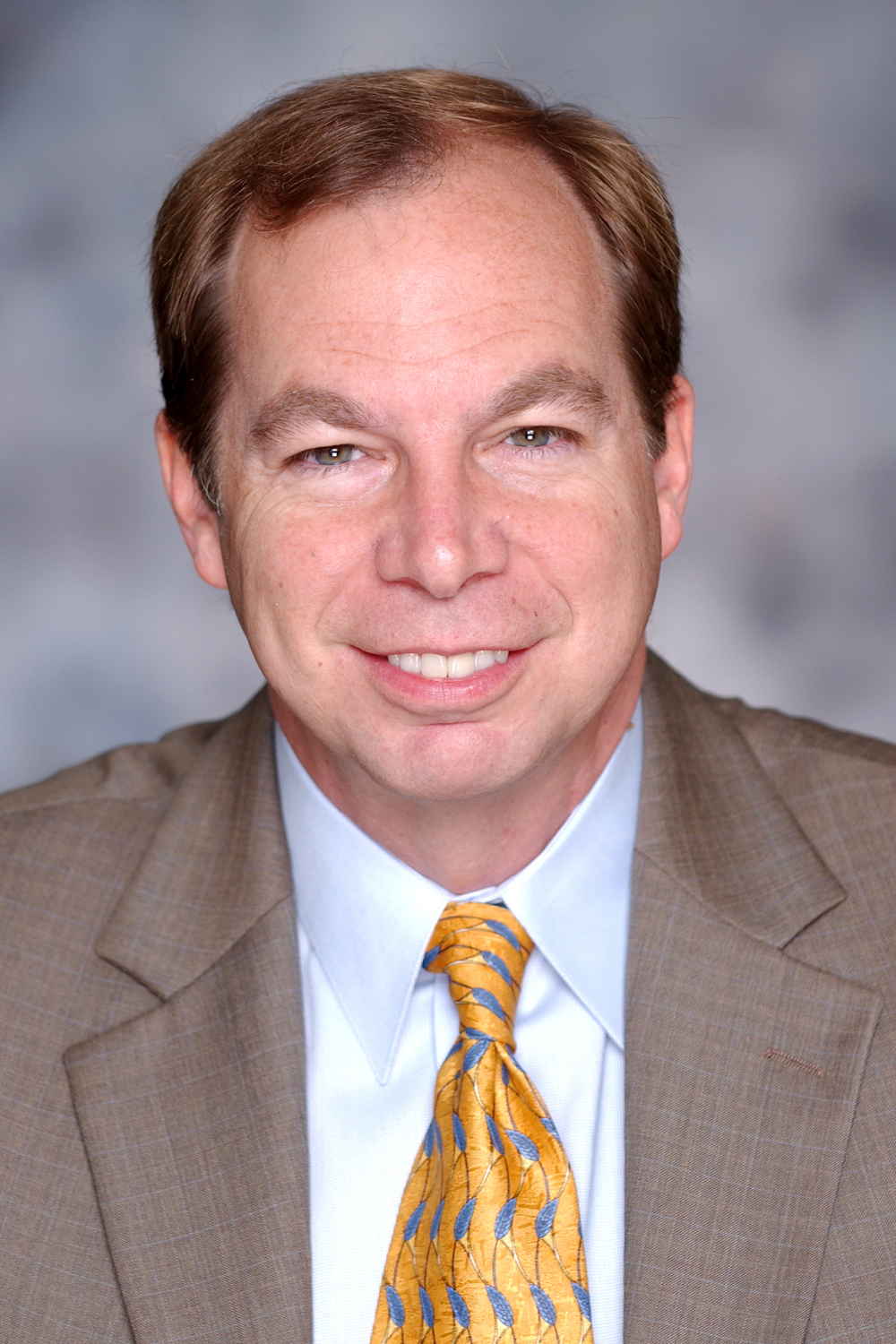V. Mark Durand has always been intrigued with human behavior. “That’s why I got into psychology,” Durand said. “I like to try to understand behavior. Whether it’s at the supermarket, the mall, the movie theater or on television, I am always fascinated.”
The USFSP psychology professor’s latest book, “Optimistic Parenting,” was written as a result of a successful five-year multi-site research study on the effects of optimism and parenting challenging children. Durand, who is a festival author at the Oct. 22 Times Festival of Reading, wanted to share his findings as a way to offer hope to parents who needed help.
“We were able to get these very pessimistic parents with very difficult children to be more optimistic and, not only were they able to make things better, but they were able to implement the procedures,” Durand said.
The study examined two research groups. The first group received traditional behavior therapy and learned how to prevent problems and reinforce their child’s behavior.
The second group was a cognitive behavior therapy group. They were given traditional behavior therapy plus the optimistic parenting.
Durand, who obtained his doctoral degree from Stony Brook University, discovered that parents who were able to change their thought processes in the cognitive behavior therapy group became more aware of ruminating themes and achieved the most success.
He explained some of the themes were things like giving up. “If you believe that, then no techniques are going to work because you give up,” he said. Another common theme was self-efficacy. “If a parent is feeling inadequate, not confidant, if they walk into a situation thinking it’s going to be a disaster—‘here we go again’—then the idea was, can we make the pessimistic parents more optimistic?”
Following up a year later, Durand found both kids’ groups had improved but after viewing video tapes of what the parents were doing with their child, “in the behavior training only, they were avoiding problems,” Durand said.
“For example, one child had difficulty going to bed. The mother learned that if she put the television on, he would fall asleep,” he said. “Well, that’s not what we wanted. We wanted her to say ‘goodnight, you are going to bed now.’ ”
The cognitive behavior therapy group actually pushed their kids and had more success. “They reported being more comfortable going out in the community, being around kids, so on the surface, we looked at all of these trainings and said kids get better,” Durand said. “What we found in our studies was they behaved better but it was because the parents were avoiding the problem.”
Durand describes this as the “concessions process,” and it can backfire on parents. “When the kid gets to be 13, 15, now they start to run the house,” Durand said.
Durand said optimism could have an enormous impact on quality of life. “[Parents] felt more likely their child could participate in sports and community activities,” he said. “The ones who were more optimistic said ‘yes, we can go to friends’ houses, we can go to the supermarket, and I don’t have to feel like we are going to have a problem.’ ”
Pessimistic parents, in stark contrast, become very isolated.
“It gets to the point, sometimes, where they can’t even get a babysitter because babysitters can’t handle that kid,” Durand said. “The downside is your child begins to run the house. And in the extreme, they can’t go out, they can’t have friends.”
Durand said the difference between optimists’ and pessimists’ ways are “an optimist would say I am smart. That’s why I get A’s. But a pessimist would say the opposite. I am stupid. I should have done this or that. I am a failure. And if I get an A, then I was lucky.”
“And that’s what happens in parenting,” Durand said. “They [parents] start to look at these things and they don’t take credit for it when it goes well. And they always blame themselves when it doesn’t go well.”
“But the optimistic part of me says you can change that,” he said. “And that’s what the book is about: hope and help. I give you hope that you can do this, and that your child can change, and I teach you the skills to help you do it.”
Photo courtesy of USF



